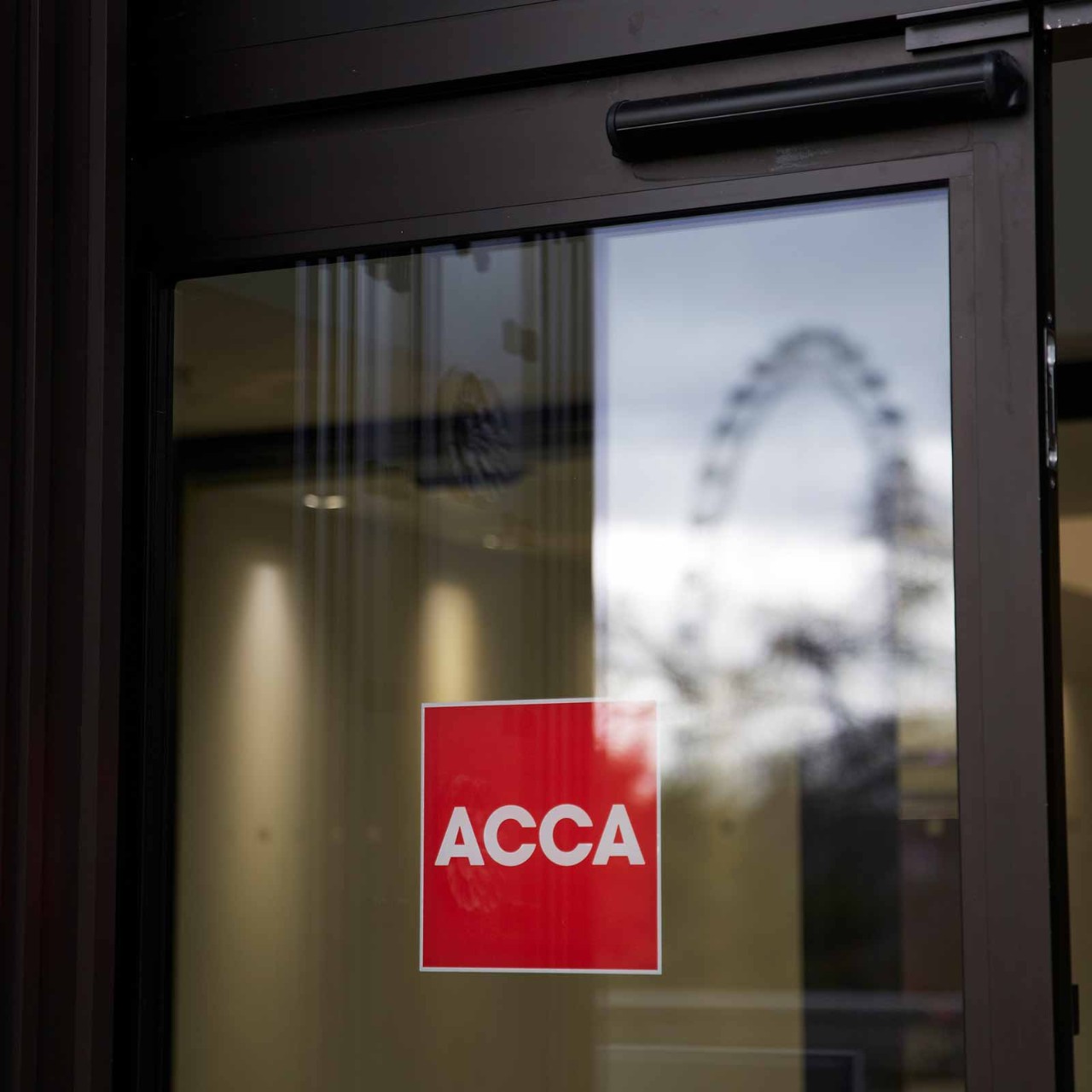
Every finance professional in the Czech Republic remembers what they were doing on 16 March 2020, when the country took uncompromising anti-Covid action, sealing its borders and imposing a nationwide curfew. Local businesses had to quickly adapt to an entirely new world.
But despite being hailed as a Covid-19 containment success story a year ago, the Czech Republic introduced even harsher restrictions for March 2021, with a state of emergency declared. One year on, how are accountants and auditors in small and large practices faring?
In the first lockdown, schools, restaurants, hotels, service providers and most shops were forced to close. Inevitably, the economy was hit hard. Data from the Czech Statistical Office shows that during the second quarter of 2020, coinciding with the first lockdown, GDP fell by a record 11%. Overall, GDP declined by 5.6% in 2020, although the fourth quarter showed improvement.
Unemployment in February 2020 stood at 2.0%; a year later, during the second wave, it reached 4.3%.
In response, the Czech government has introduced a variety of measures during the past 12 months to keep businesses afloat. Its initiatives include the Covid-2021 programme, a subsidy scheme for employers, and an extension of the deadline for filing 2020 tax returns.
Opportunities
Such measures, the related administrative aspects, and the uncertainties of Covid-19 have presented opportunities for SME accountants and auditors in the Czech Republic. ‘Most of our clients stayed with us, and we also gained several new clients who required advice and business optimisation because of the Covid-19 pandemic,’ says Nikoleta Koprdová, a tax consultant at Prague-based Lerika Tax & Accounting. She adds that her firm’s accounting and tax advisory business has largely been unaffected by the pandemic.
Lerika partner Ivana Ottová agrees. She says: ‘The pandemic crisis has not yet had a serious impact on the number of our employees at Lerika. The main impacts in this area will appear in the coming months. Paradoxically, currently we are seeing the opposite trend in the labour market. Employees are less willing to change their jobs. As a result, the salaries of employees in the accounting and tax sector are rising, and firms must therefore offer higher salaries when recruiting.'
Clients under pressure
Luděk Barták, a partner at Prague-based accounting and tax consultancy EIBD, is also helping local firms find their way through the Covid-19 maze. But he is observing negative impacts. ‘We are dealing with Covid-related matters and constantly changing regulations. Instead of growing their businesses, clients are just trying to survive,’ he says.
The impact on his own firm has been mixed. ‘We have more work because we help clients manage various financial support programmes,’ he says, ‘but our revenues have decreased because 10%–15% of our clients were in tourism. Such firms had to suspend business temporarily. Consequently, they are at a mere fraction of their capacity.’
At larger firms, notably the Big Four and multinationals, their size and more diverse range of services have helped shield them from the effects of the pandemic. Jindřich Vašina FCCA, head of audit at KPMG Czech Republic, explains: ‘The impact on our auditing business was not so strong, but there were definitely colleagues from other departments, such as tax advisers or experts on employment law, who were in very frequent contact with their clients, as the regulation was literally changing daily.’
Michael Cianci FCCA, the Czech Republic accounting lead at a global pharmaceutical company, echoes this view. His company’s business sector was little affected by the pandemic, but ‘our way of working changed drastically’, he says. Company staff have largely switched to working from home, which has worked well.
Remote advantage
The move towards remote working, one of several business transformations that had begun before the pandemic, proved timely for finance professionals. ‘In March 2020, we had to react very quickly,’ Vašina says. ‘One of the things that really helped us was the fact that we started using the Microsoft 365 platform in early 2020. We were technically ready, and this made the transformation to working from home much easier.’
Despite the significant lockdown upheaval, many accountants and auditors in the Czech Republic have seen the benefits of working from home. ‘I would say that it showed some of our more conservative colleagues that there are various ways to get things done, and working from home is definitely one of them,’ Vašina explains.
Local accountants and auditors also believe that the pandemic will accelerate other trends that had started before March 2020. ‘Everyone needed to work remotely, so automation and standardisation was driven forward very quickly. For finance, this is certainly positive,’ Cianci says.
Finance professionals point out that audit will make much more use of digital communication and remote data mining than before, especially given the current travel restrictions. ‘Digitalisation is one of the areas where development has been accelerated by Covid-19,’ Barták explains. ‘We are holding more meetings online at our firm, and we are receiving more documents from our clients electronically. We produce all our materials this way.’
Vašina takes a slightly different perspective. ‘I believe that the pandemic will accelerate changes, as in other fields, but I also firmly believe that human judgment has to stay at the core of the audit profession,’ he says.
Victory to the nimble
As far as future trends go, Cianci believes that major changes could lie in store for the accounting sector. ‘Of course, in audit, the Big Four will always dominate, but for other services, I think bigger firms face ever increasing competition as smaller, nimbler local and regional players improve in overall quality and are better able to adapt to changing market needs and more quickly digitalise and automate,’ he says.
Barták is confident about the future but believes transformations will be more gradual. ‘After Covid-19, things will work the same way as before, but with more digitalisation,’ he says.





